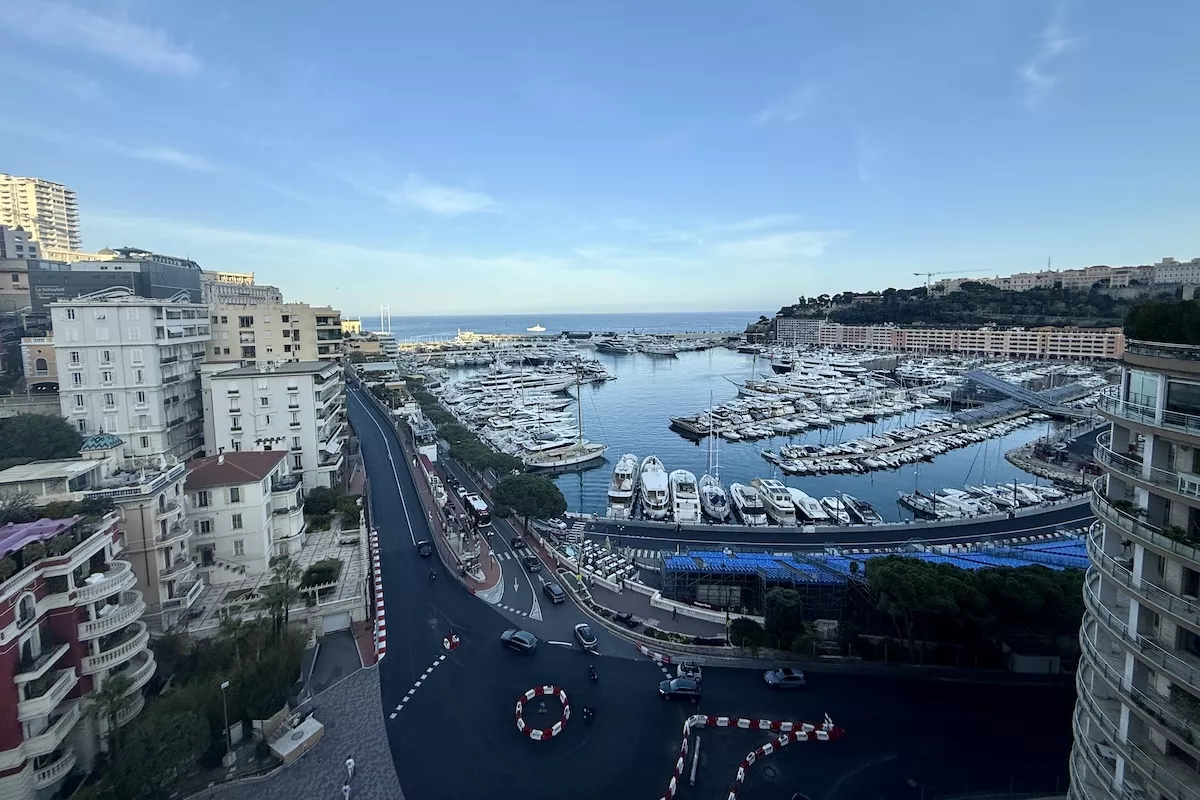The National Council of Monaco passed on 6th November stricter new laws marking a significant shift in how the Principality plans to tackle dangerous driving. Prompted by the tragic deaths of young drivers and a rise in serious road incidents, these new laws aim to reinforce both the prevention of road accidents and the protection of victims.
The reform, first tabled by the Government in April 2025 as Bill No. 1107, has undergone several months of consultation and amendment before being voted through unanimously. Backed by the Minister of State and driven through the legislative process by National Councillor Béatrice Fresko-Rolfo, the law reflects Monaco’s response to rising concerns around road safety — particularly for vulnerable road users such as pedestrians, cyclists, and scooter riders.
“This law is not only about sanctioning – it’s about protecting lives,” said Béatrice Fresko-Rolfo.
Tougher penalties, broader controls
The law introduces harsher penalties for a range of serious driving offences, including driving under the influence of alcohol or drugs, and for refusing to comply with roadside checks. Notably, repeat speeding offences exceeding 50km/h above the limit are now classed as a criminal offence, rather than a traffic infraction.
Police are also now empowered to conduct preventative alcohol and drug testing — not just following an accident or observed infraction — but under certain conditions such as major events or targeted enforcement campaigns authorised by the Minister of State.
For professional drivers, including those holding permits in categories C, CE, D or DE, or licences for passenger transport, penalties for dangerous conduct committed while on duty have also been sharply increased. In these cases, offenders could now face up to three years in prison and higher fines.
From punishment to prevention
While the law is clearly more punitive in nature, it also includes measures aimed at prevention. Courts now have the option to order mandatory road safety awareness courses for offenders, paid at the individual’s own expense. In cases of repeat offences, vehicles can be confiscated and driving licences revoked for up to 10 years.
The revised legislation also clarifies the rules on vehicle seizures, ensuring that cars rented by third parties are not unfairly impounded. Additionally, the definition of “vehicle” has been expanded to include non-motorised road users like cyclists and mechanical scooters — reflecting Monaco’s changing urban landscape and the growing diversity of road users.
A national and European context
The tightening of Monaco’s road safety legislation follows concerning statistics both locally and across Europe. In 2023, Monaco recorded three fatal accidents resulting in six deaths, while in 2024, two serious accidents involved drunk driving. Alarmingly, two-wheeled vehicles are implicated in 75% of all injury-causing collisions in the Principality.
Across the EU, more than 19,800 people lost their lives in road accidents in 2024. Although this represents a modest 3% drop compared to the previous year, the pace of progress remains too slow to meet the bloc’s 2030 target of halving road fatalities. In this broader context, Monaco’s legislative overhaul aligns the Principality with European efforts to strengthen road safety through both deterrence and regulation.
Next steps
While the legal framework has now been updated, National Councillors have called for enhanced public awareness campaigns, particularly aimed at young people, and greater support for local road safety organisations. Suggestions also include encouraging hospitality venues to provide breathalysers for patrons to self-test before getting behind the wheel.
Stay updated with Monaco Life: sign up for our free newsletter, catch our podcast on Spotify, and follow us across Facebook, Instagram, LinkedIn, and Tik Tok.
Photo credit: Cassandra Tanti
